Educación
En 2025, J-WEL pasó a formar parte de J-PAL después de diez años exitosos como laboratorio independiente en el MIT, trabajando con innovadores educativos de todo el mundo para transformar la educación a gran escala. Además de apoyar nuestra investigación y trabajo en políticas educativas, J-WEL respalda nuestras asociaciones de evidencia a política con gobiernos; la beca MENA Scholars; la Alianza para Datos, Evaluación y Capacitación en Políticas, y la Asociación para Evidencia en Inteligencia Artificial.
El sector de Educación de J-PAL apoya a los responsables de políticas públicas en la aplicación de evidencia proveniente de evaluaciones aleatorias en su trabajo. Los coordinadores y el equipo del sector también redactan análisis de políticas que sintetizan las lecciones generales derivadas de la investigación, resumen los resultados de las evaluaciones en publicaciones de políticas y resúmenes de evaluación, y financian nuevas investigaciones a través de la iniciativa Aprendizaje para Todos.
Las iniciativas anteriores del sector de Educación incluyen la Iniciativa de Educación Postprimaria y la Iniciativa Fundamentos del Aprendizaje.
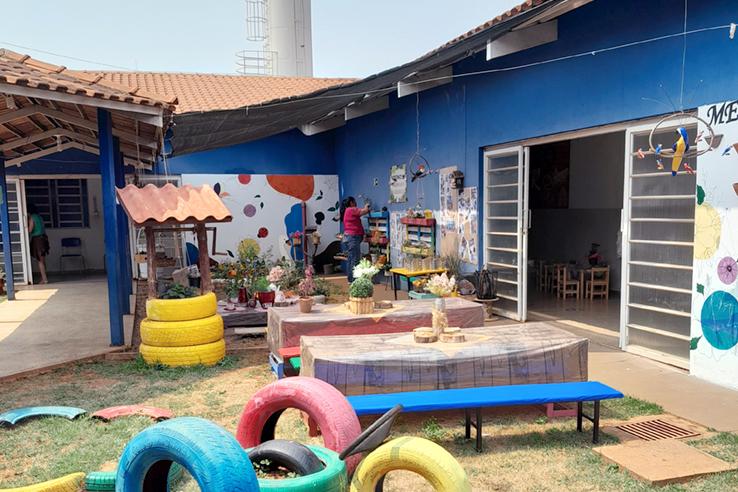
Blog
Quality early childhood education: The role of teacher training
With nearly all Brazilian children aged 4 and 5 now enrolled in preschool, new questions are emerging about how to ensure quality in this stage of education. According to Brazil’s National Institute for Educational Studies and Research, 93 percent of children in this age group attend preschool...
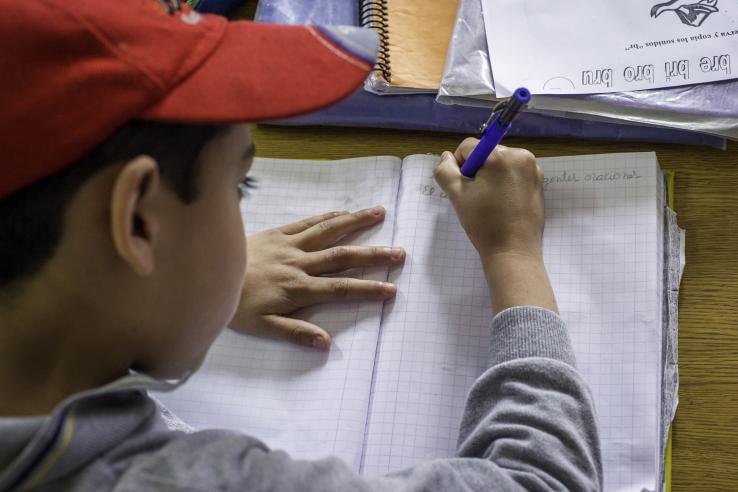
Blog
Setting an early foundation for children’s learning: using insights from cost-effectiveness analysis to inform decisions
Ensuring children have strong basic skills in reading, writing, and mathematics – together known as foundational literacy and numeracy – is considered critical for their future academic success and later life outcomes. While research has generated insights on what works for improving literacy and...
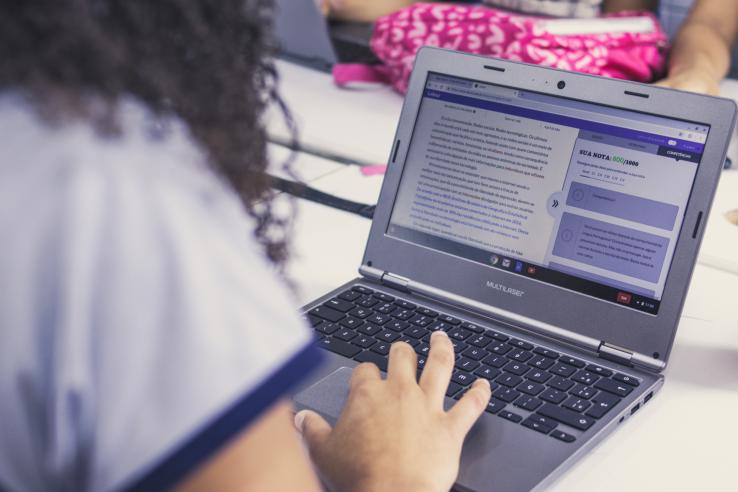
Case study
Artificial intelligence to strengthen high school students’ writing skills
The state government of Espírito Santo, Brazil applied research findings to scale an AI education technology that gives public school students feedback on their writing, reaching more than 100,000 high school seniors to date.
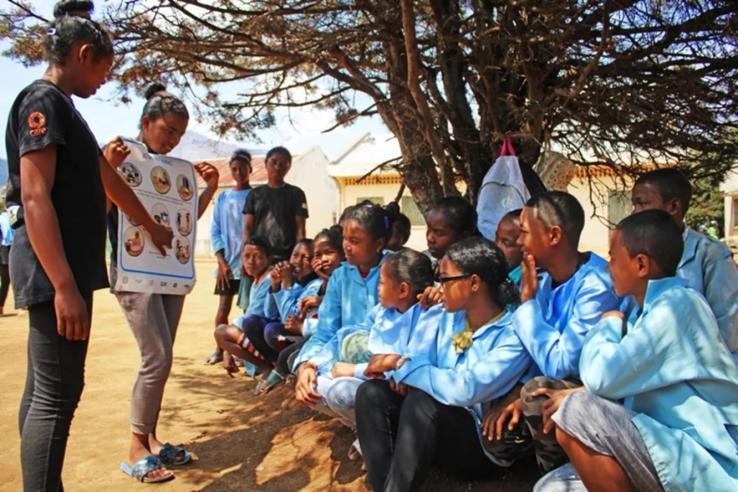
Evaluation
Addressing Menstrual Stigma and Hygiene to Improve Education and Psychosocial Well-Being among Adolescent Girls in Madagascar
Researchers evaluated the impact of a program addressing constraints related to hygiene infrastructure and access to sanitary products while addressing social stigma around menstruation, on girls’ learning and psychosocial well-being in Madagascar. The program led to improvements in academic...
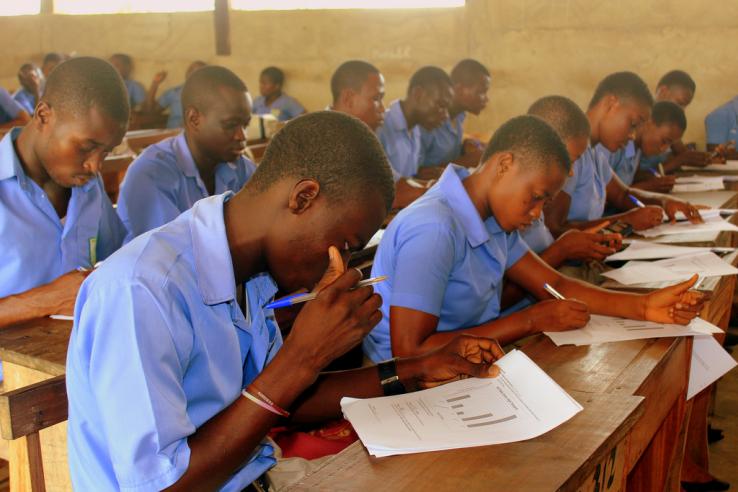
Evaluation
Multigenerational Benefits to Secondary Schooling in Ghana
A study conducted in Ghana over 15 years evaluated the benefits of secondary school scholarships on both education and health outcomes.
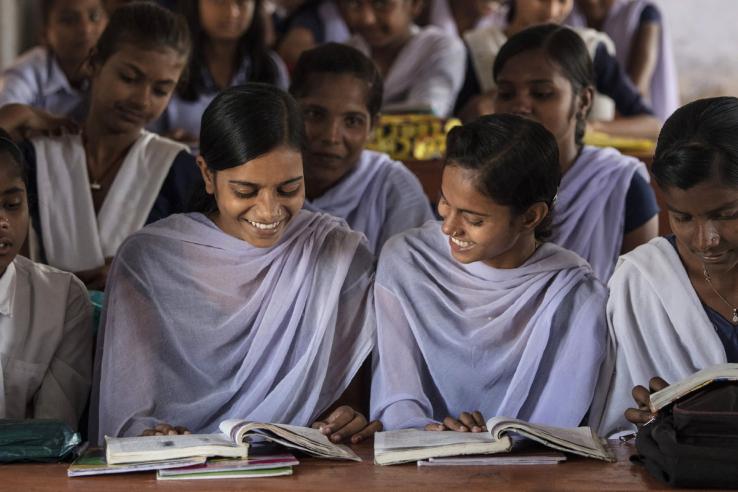
Policy insight
Improving student learning: Impacts by gender
Most programs to improve student learning have similar impacts on girls and boys. However, policymakers should consider potential different effects by gender while designing programs since, in some cases, program design choices led to different impacts on girls and boys.
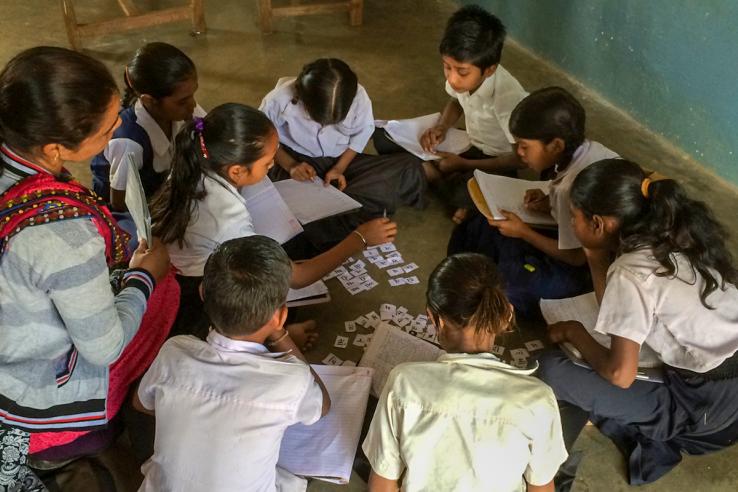
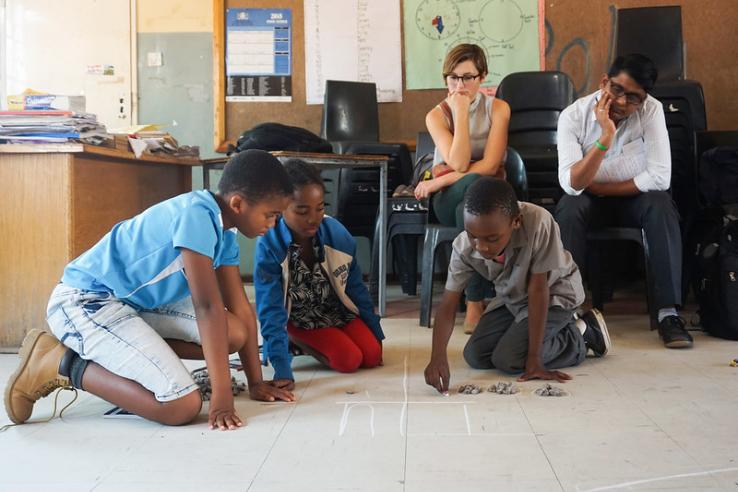
File: Policy publication
Measurement of Holistic Skills in RCTs: Review and Guidelines
J-PAL recently launched its Learning for All Initiative, which has a core focus on breadth of skills. There is much to learn about whether and how interventions can affect skills that extend beyond literacy and numeracy, including cognitive skills, social skills, emotional skills, creative skills...






